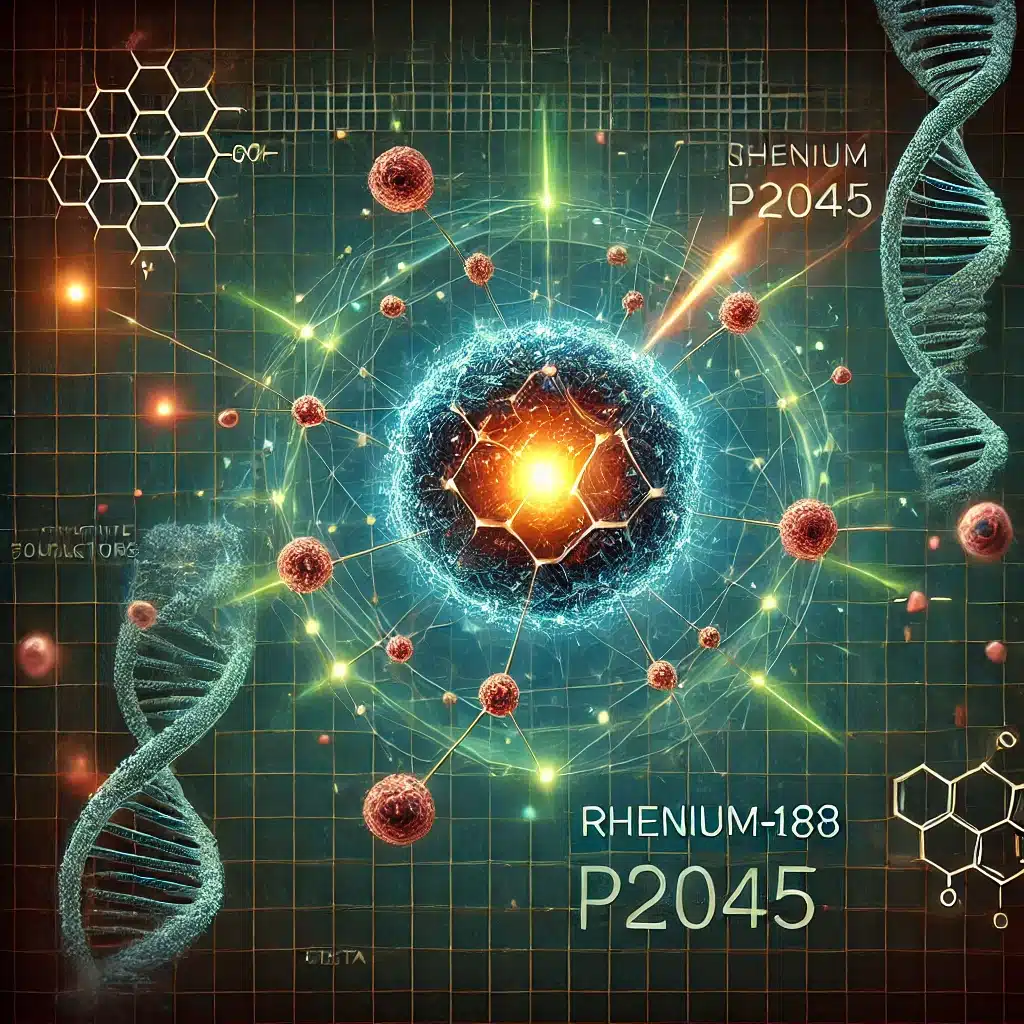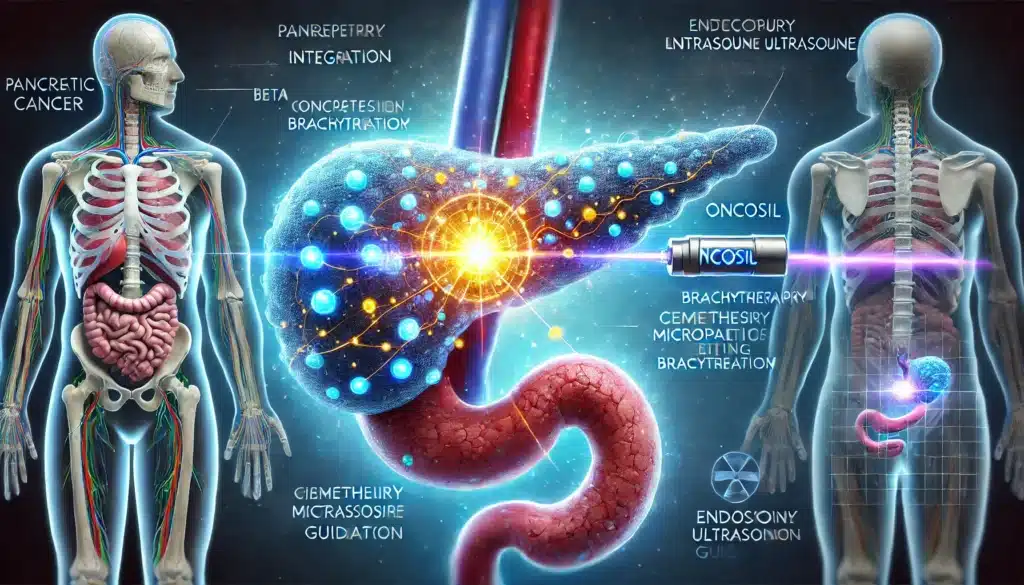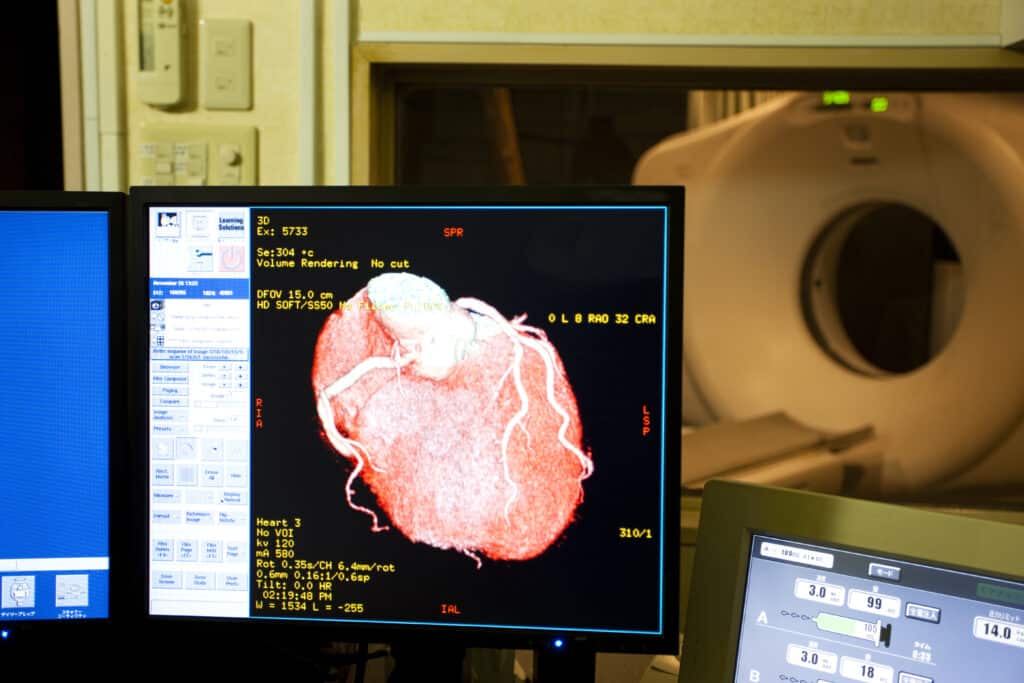MR Cholangiopancreatography
Magnetic Resonance Cholangiopancreatography (MRCP) is a specialised imaging technique that utilises magnetic resonance imaging (MRI) to visualise the biliary and pancreatic ducts in a non-invasive manner. This advanced diagnostic tool is pivotal for assessing liver, gallbladder, bile ducts, pancreas, and pancreatic duct diseases.
The primary advantage of MRCP over other diagnostic methods, such as endoscopic retrograde cholangiopancreatography (ERCP), is its non-invasive nature. Unlike ERCP, which involves inserting a scope and injecting dye into the bile and pancreatic ducts, MRCP does not require sedation or the introduction of contrast agents, which diminishes the risk of complications like pancreatitis.
MRCP employs a technique called magnetic resonance cholangiography, which uses heavily T2-weighted MRI sequences to acquire images. These sequences are excellent at capturing fluids within the body, making them ideal for visualising the fluid-filled biliary and pancreatic ducts. The high-resolution images produced allow clinicians to detect abnormalities such as strictures, stones, or tumours within these ducts.
One of the significant benefits of MRCP is its ability to provide comprehensive visualisation of the bile ducts, pancreatic ducts, and surrounding tissues without exposure to ionising radiation. This aspect makes it particularly useful in recurring diagnostic scenarios or in populations where radiation exposure is a concern, such as pregnant women or children.
In clinical practice, MRCP is invaluable for diagnosing and evaluating conditions such as cholangiocarcinoma, pancreatitis, pancreatic cysts, and bile duct obstruction. It also plays a critical role in pre-surgical planning and postoperative evaluation, where understanding the anatomy and identifying any residual or recurrent disease is crucial.
Moreover, advancements in MRI technology continue to enhance the capabilities of MRCP. Innovations such as higher magnetic field strengths and better coil designs have improved image quality and reduced scanning times, making MRCP an even more effective diagnostic tool.
In summary, MRCP is a cornerstone in the diagnosis of hepatobiliary and pancreatic diseases, offering a detailed, reliable, and safe modality for visualising the pancreaticobiliary system. Its noninvasive nature, combined with the absence of radiation exposure, establishes MRCP as a preferred choice for both patients and healthcare providers in managing and diagnosing gastrointestinal diseases.
home » MR Cholangiopancreatography



